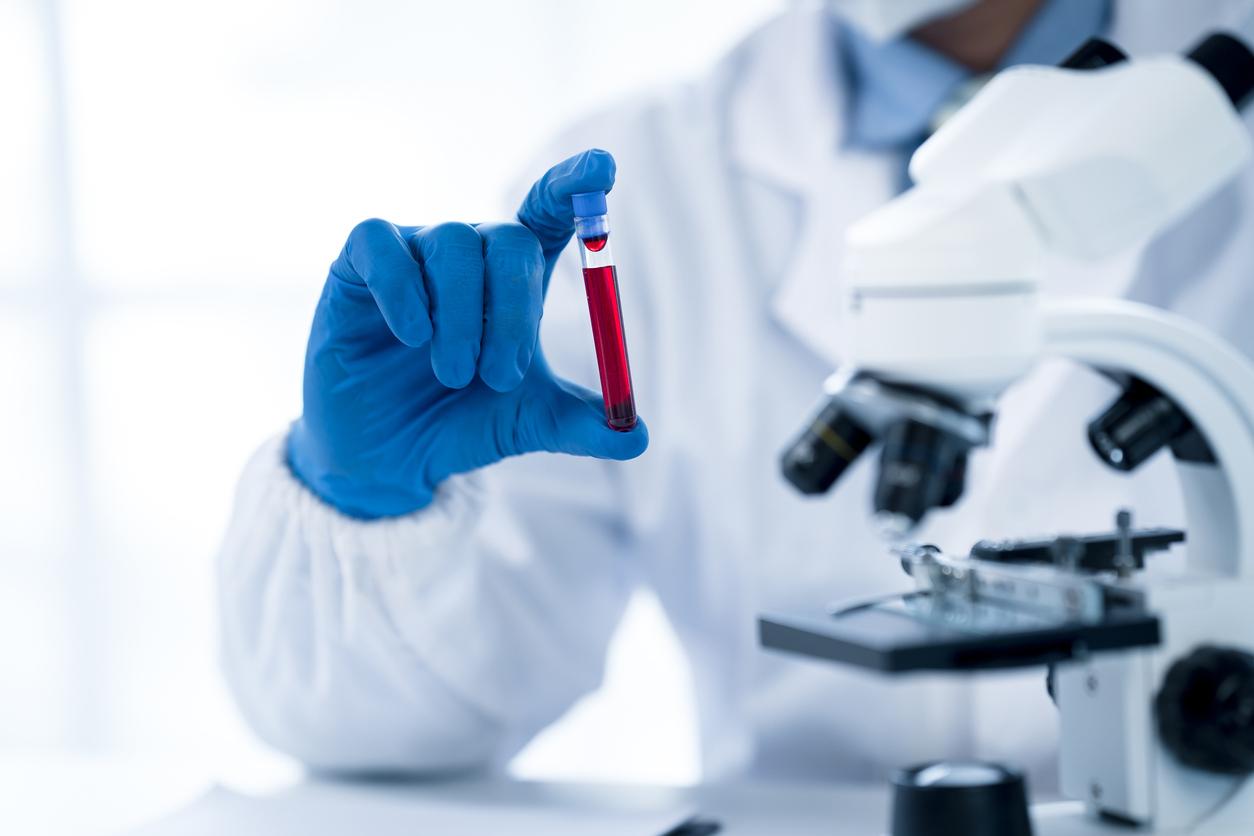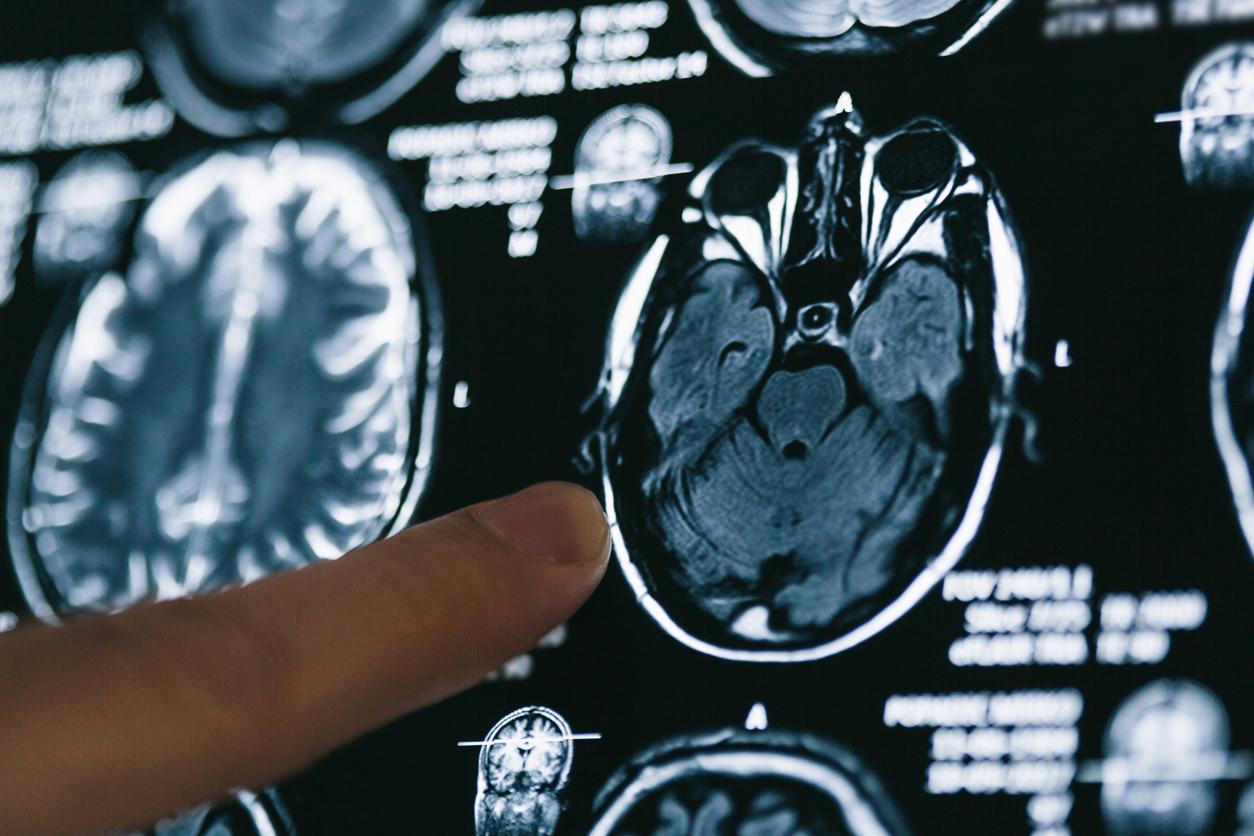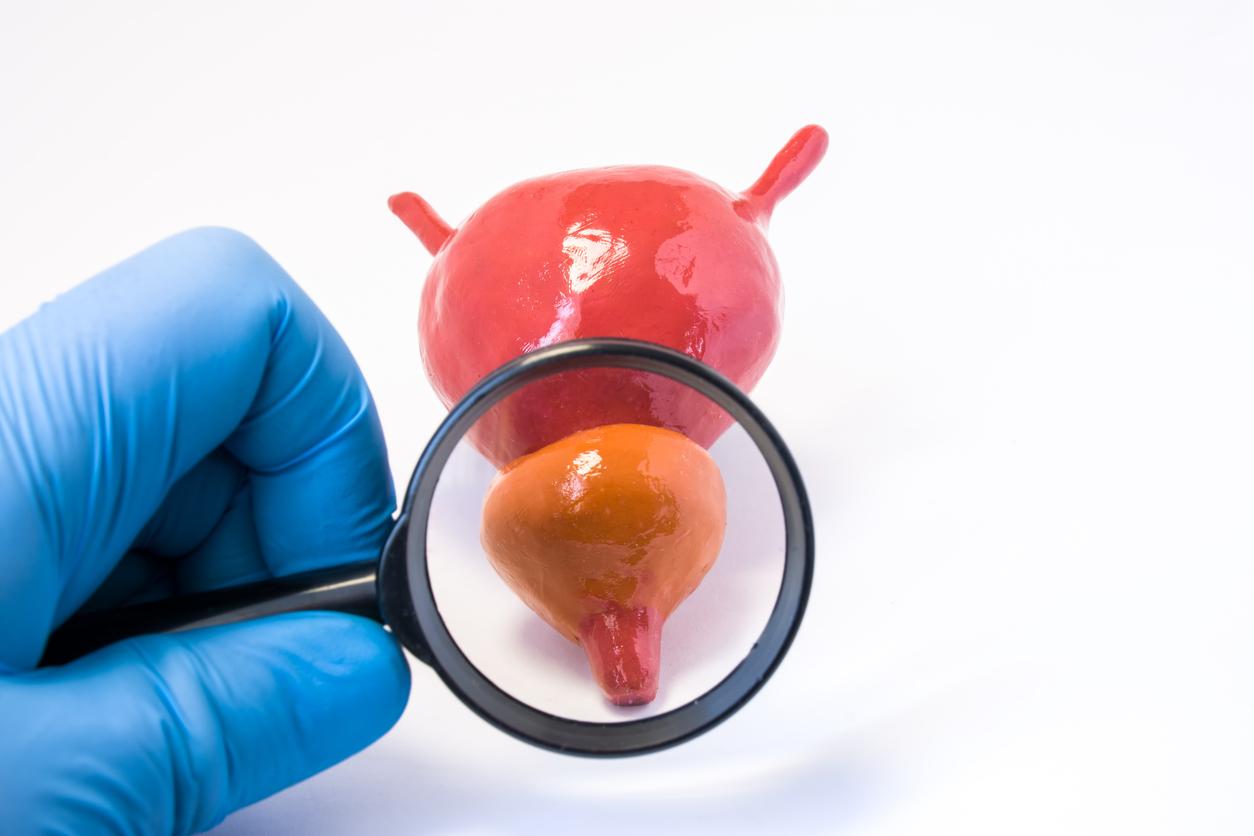High levels of molecules related to progesterone in the blood at the end of pregnancy could be an indicator of the risk of postpartum depression in the following weeks delivery.

- The levels of certain hormones, linked to progesterone, could indicate the risk of depression of the future postpartum.
- Blood tests in the third trimester of pregnancy could make it possible to assess the risk.
- Ultimately, preventive treatments could be implemented.
The depression of postpartum affects between one and two women out of 10. This disorder appears after childbirth and manifests itself in different forms: sadness, fatigue, sleep disorders, negative beliefs. In the specialized journal Neuropsychopharmacologyscientists explain that they have discovered a blood marker: it identifies women at risk of postpartum depression.
Postpartum depression: blood tests to assess the risk
This team of American researchers, Weill Cornell Medicine and the University of Virginia, have found that women who develop postpartum depression can have higher levels of neuroactive steroids, molecules derived from progesterone, in their blood during their third trimester of pregnancy. “”These molecules influence the response to stress and emotional regulation of the brain “they specify. With their work, they decided to explore this correlation. They recruited 136 women, who had not had depression during pregnancy, and measured the levels of neuroactive steroids in their blood at different times. A follow -up was carried out up to nine months after birth. Of all the participants, 33 developed a depression of the postpartum.
American scientists have focused on the analysis of progesterone and its derivatives, including two neuroactive steroids: pregnanolone and isoallopregnanolone. “”Prégnanolone acts on the Gaba-A receiver to provide calming effects and reduce stressthey say. Conversely, isoallopregnanolone interacts with the Gaba-A receiver to increase stress“They found that during the third quarter, people who developed postpartum depression later had a weaker pregnanolone/progesterone ratio and a higher isoallopregnanolone/pregnanolone ratio compared to those who had not developed. “High progesterone rates at the end of pregnancy were also associated with a higher risk of postpartum depression “they complete.

Postpartum depression: towards preventive treatment?
For researchers, if these results are confirmed in other works, this could make it possible to develop a clinical test capable of predicting the risk of depression of the future postpartum. Currently, two treatments, Brexanolone and Zuranolone, can be prescribed to treat the disease. “”We do not know if these drugs would work as a preventive measure for people who risk developing postpartum depression, but according to our results, they have the potential to prevent the development of postpartum depression “concludes Dr. Lauren Osborne, main author of this research.

















